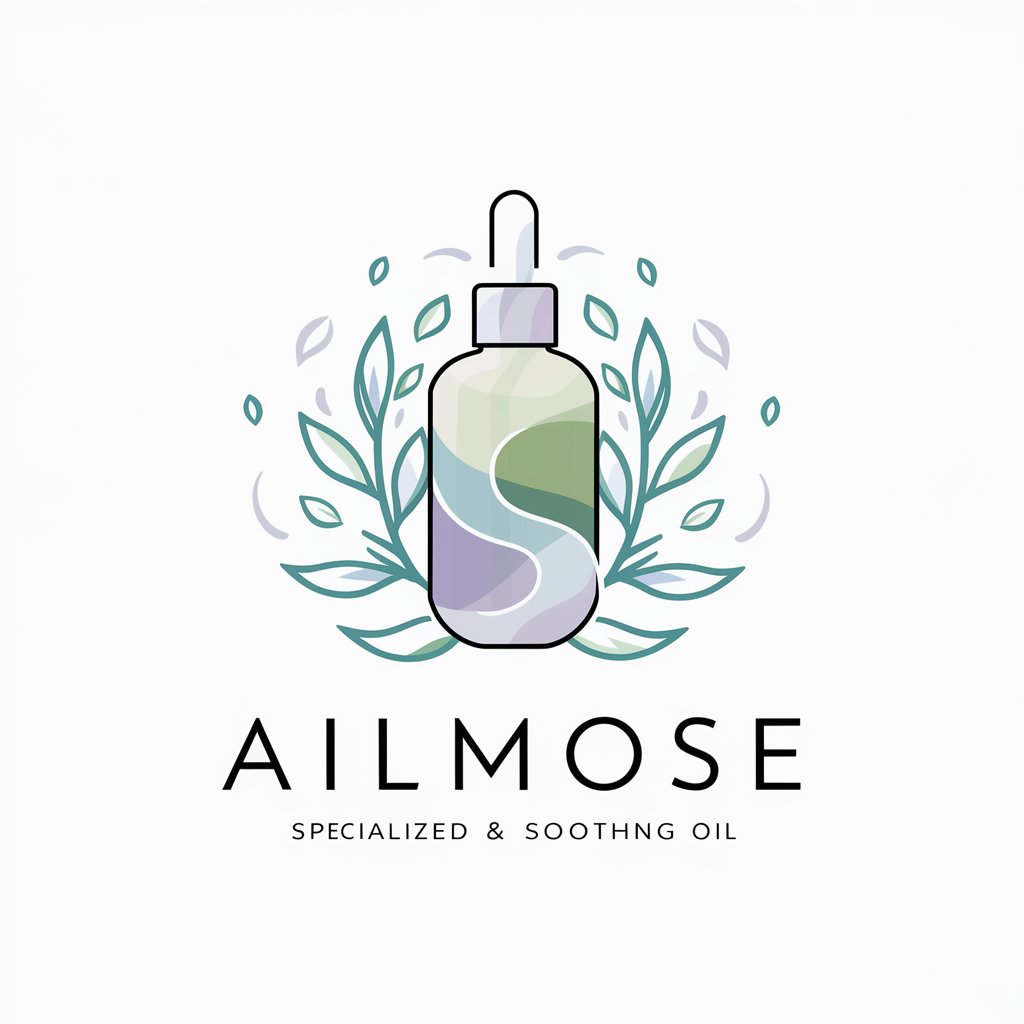3 GPTs for Essential Oils Powered by AI for Free of 2025
AI GPTs for Essential Oils are advanced generative pre-trained transformers tailored for the essential oils sector. They leverage the latest AI technologies to provide customized solutions, insights, and support for enthusiasts, professionals, and businesses involved with essential oils. These tools are designed to understand and generate natural language, making them perfect for a range of tasks from product recommendations, blending guides, to scientific research on essential oil properties. The integration of GPTs in the essential oils domain signifies a blend of traditional practices with cutting-edge AI, enhancing knowledge sharing, decision-making, and innovation.
Top 3 GPTs for Essential Oils are: AROMAster,Aroma Expert,Ailmose
Key Attributes and Capabilities
AI GPTs tools for Essential Oils are distinguished by their versatility and adaptability, offering a wide range of functionalities tailored to the essential oils community. Key features include natural language processing for answering queries, generating informative content, providing blending recommendations, and assisting with research. They support technical tasks like data analysis of compound effects, web searching for the latest studies, and image creation for educational purposes. Special features might include language learning capabilities for international accessibility, and advanced customization options for developers aiming to integrate these tools into existing platforms or applications.
Who Can Benefit
The primary users of AI GPTs for Essential Oils span from novices seeking basic knowledge to experts requiring advanced analytical tools. This includes enthusiasts exploring the benefits and uses of essential oils, professionals in aromatherapy and alternative medicine, and developers looking to create specialized applications. The tools are designed to be accessible to individuals without programming skills, offering user-friendly interfaces, while also providing APIs and customization options for users with technical expertise.
Try Our other AI GPTs tools for Free
Icon Integration
Discover AI GPTs for Icon Integration: intelligent tools designed to revolutionize the way icons are managed and integrated into digital projects, enhancing user interfaces with ease.
Seasonal Campaign
Discover AI-driven solutions for seasonal marketing with AI GPTs. Enhance your campaigns with tailored content, insightful analytics, and seamless integration.
Pedagogical Advice
Discover how AI GPTs for Pedagogical Advice are revolutionizing learning with personalized, accessible, and innovative educational support.
Learning Management
Discover how AI GPTs for Learning Management are revolutionizing education with personalized, adaptive solutions that enhance teaching and learning experiences for all educational levels.
Student Analytics
Discover how AI GPTs for Student Analytics revolutionize education with insights on performance, personalized learning, and data-driven decision-making.
Parts Recommendation
Discover AI GPTs for Parts Recommendation: innovative tools designed to optimize part selection with precision, tailored to your specific needs. Enhance your operations with AI-driven accuracy and efficiency.
Further Considerations
AI GPTs as customized solutions in the essential oils sector highlight the potential of AI to revolutionize traditional fields. These tools not only make information more accessible but also foster innovation through data analysis and personalized solutions. The user-friendly interfaces enhance the overall experience, ensuring that integrating AI into existing systems or workflows is seamless for both novices and professionals.
Frequently Asked Questions
What exactly are AI GPTs for Essential Oils?
AI GPTs for Essential Oils are specialized artificial intelligence tools designed to support and enhance activities related to essential oils through natural language processing and data analysis.
How can these tools benefit essential oil enthusiasts?
They offer personalized recommendations, blending guides, and educational content, making it easier for enthusiasts to deepen their knowledge and safely use essential oils.
Can I use these tools without any coding knowledge?
Yes, these tools are designed to be user-friendly for individuals without any programming background, providing easy-to-navigate interfaces for various tasks.
Are there advanced features for developers?
Definitely. Developers can access APIs and customization options to integrate GPT functionalities into their own applications or platforms.
How do these tools keep up-to-date with the latest essential oil research?
They continuously learn from a wide range of sources, including scientific research, user interactions, and industry trends, ensuring the information provided is current and accurate.
Can AI GPTs for Essential Oils generate content for my blog?
Absolutely. These tools can generate informative, engaging, and original content tailored to your blog's focus on essential oils.
Is there a way to customize the AI's recommendations?
Yes, many tools offer customization options allowing users to tailor recommendations and information to their specific needs and preferences.
Do these tools support multiple languages?
Yes, language learning capabilities mean that many of these AI tools can interact and provide information in multiple languages, broadening their accessibility.


